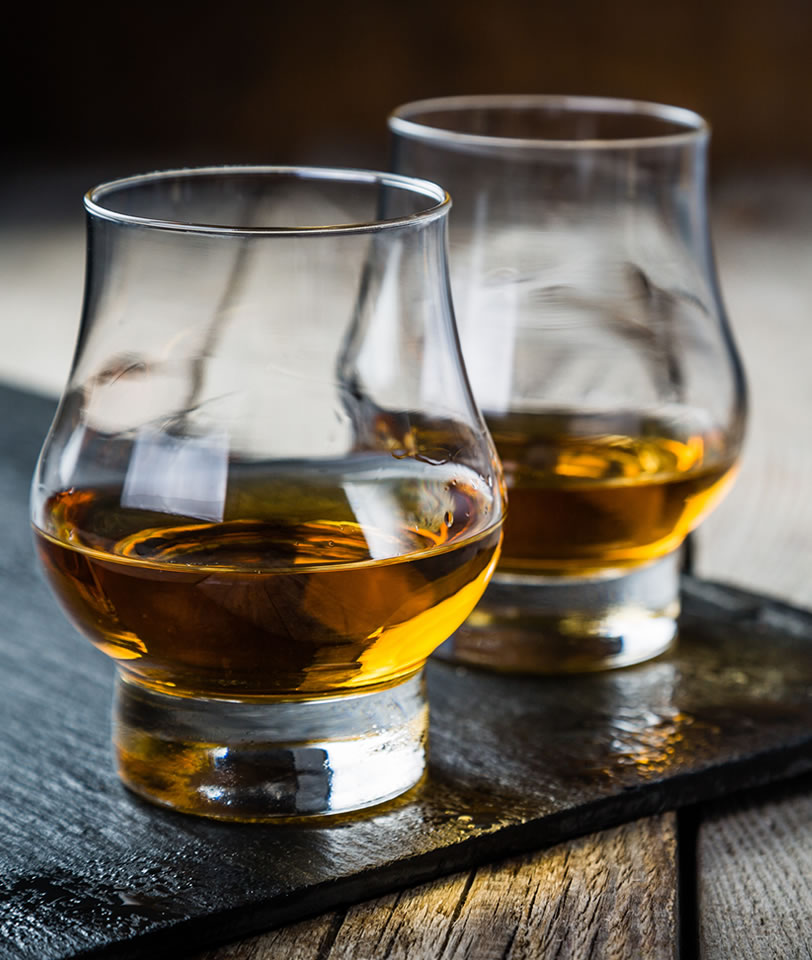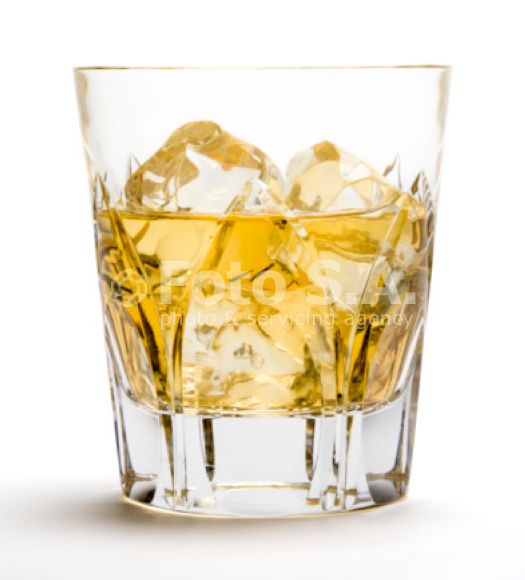

Best of all, you can access the whole thing right from your smartphone.

Choose moderation or abstinence, set your own goals, and get a plan customized to your unique needs. Ria Health offers flexible, online support from wherever you are. If you feel you could use some extra support in quitting or cutting back on whiskey, there’s no shame in looking for help. Of course, for many people this is easier said than done. Avoid drinking alcohol at home or keeping whiskey in the house.Make a list of alternative things to do at those times, to replace drinking whiskey. Pay attention to what times of day, and what situations you often drink in.Choose specific times when you are allowed to drink, and set a specific drink maximum.If you think you might be drinking more whiskey than is healthy, there are several things you can do to cut back. What Can You Do If You Are Drinking Too Much Whiskey? Depending on the person, these reactions may be severe-and the alcohol in whiskey may make them even worse. People who are allergic or sensitive to rye, wheat, corn, or barley (the grains typically used to make whiskey) may experience an allergic reaction to this beverage. A key reason is that whiskey has higher concentrations of congeners, a byproduct of fermentation that contributes to whiskey’s smell and taste.Ĭongeners may prolong the effects of intoxication and intensify hangover symptoms-including headaches, bad breath, and an upset stomach. On the other hand, whiskey drinkers tend to report worse hangovers. If you’re counting calories or trying to lose weight, choosing whiskey over a higher-calorie alcoholic beverage can help you stay within your daily goals. Whiskey is one of the lowest calorie alcoholic beverages out there-so long as it’s consumed straight and not combined with sugary mixers. Although we should note that phenols are also found in many fruits, vegetables, and teas. This is one reason moderate amounts of whiskey might reduce the risk of heart disease. increase antioxidants, reducing the risk of a variety of diseases.(New make whiskeys, which don’t undergo the same aging process, don’t have the same effect.) Studies show that people experience a phenol spike shortly after consuming whiskey. Whiskey has a high concentration of phenols, which result from the aging process. What Makes Whiskey Different From Other Drinks?Īs a result of how whiskey is made, it does have some unique benefits and drawbacks that set it apart from other alcoholic beverages. Whiskey for coughs and colds will likely hurt more than it helps. And for cold prevention, you’re better off taking vitamin C and other immune boosters. If you’re feeling ill, it’s best to stick to warm liquids and stay hydrated with water or electrolytes. And while high concentrations of alcohol can kill germs on surfaces, by the time whiskey reaches your bloodstream it’s too diluted to have any effect. Drinking alcohol weakens your immune system. While we often hear that a shot of whiskey is good for coughs and colds, in reality it generally makes things worse. Be aware however, that any level of alcohol consumption can have consequences for your health. That said, if you stick with this quantity, your health is less likely to be impacted in serious ways by your alcohol consumption.

Moderation-one to two servings-is still key. But if you’re binge drinking once a week, you’re likely undoing any health benefits of not drinking daily. Is Drinking Whiskey Once A Week Good For You?ĭrinking once a week is probably better than drinking whiskey every day. And overall, each of the above benefits can also be gained from eating a good diet and getting enough exercise.

Some scientists argue that these benefits are a coincidence-that moderate drinkers also tend to have other healthy habits, which could be the real cause of any positive correlation. However, debate about the positive impacts of moderate drinking have long been argued. Some evidence suggests that moderate drinking has health benefits, including:īy this logic, if you drink one shot of whiskey every day, it might be somewhat beneficial for you. Read more: Standard Drink Sizes and Drinking Levels Is One Whisky a Day Good For You? This refers to a standard drink of 1.5 ounces, or about one regular shot. Moderate consumption of whiskey is defined as: More recent evidence suggests that the safest amount of whiskey is none at all. Some studies in the past have suggested that moderate drinking has some health benefits. This depends on your age and personal biology.
#Glass of whiskey free#
Schedule Your Free Consultation How Much Whiskey Is Too Much?


 0 kommentar(er)
0 kommentar(er)
